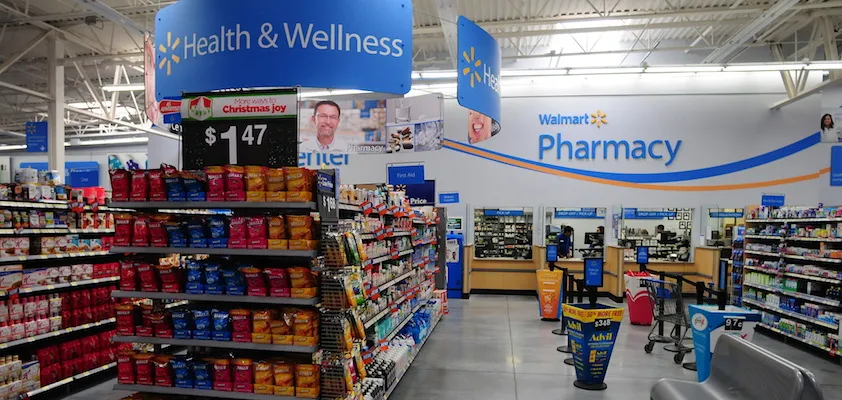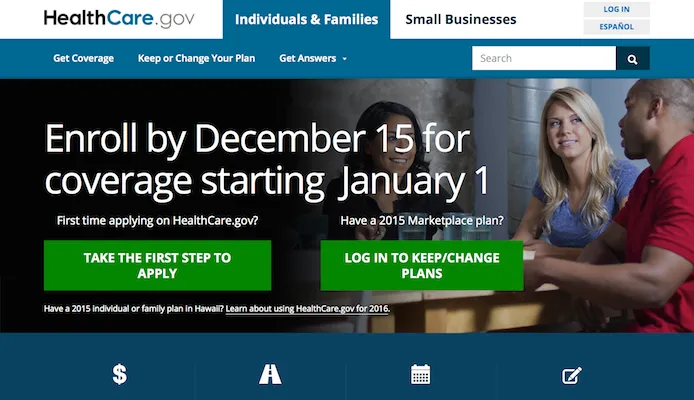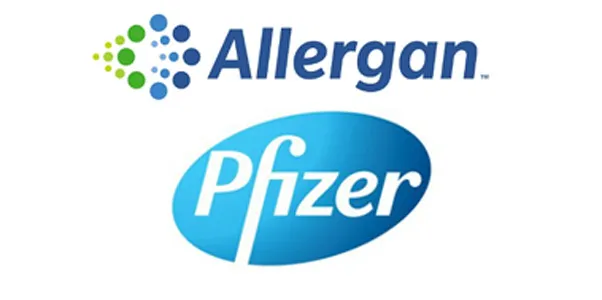OLYMPIA, Wash. — A law described as the first of its kind in the nation to require health insurance carriers to include pharmacists as network providers has been signed by Washington Gov. Jay Inslee.
The landmark law, ESSB 5557, was sponsored by Sen. Linda Parlette, who is also a registered pharmacist.
Until now, health insurance carriers only recognized pharmacists for dispensing medication, a restriction that blocked patients from receiving medical care from pharmacists practicing within their scope of practice.
Reaction from state and national pharmacy organizations was positive.
“Removing these barriers will allow pharmacists to directly care for patients in all practice settings,” said Jeff Rochon, chief executive officer of the Washington State Pharmacy Association. “This commonsense solution encourages greater collaboration among health providers and brings health care to patients in our communities.”
The National Association of Chain Drug Stores described the legislation as “a positive step forward for pharmacy patient care.”
This bill implements a law that was passed in 1993 requiring insurers to pay all categories of providers for services they provide within their scope of practice if they are covered under the insurance plan. The initial “any category of provider legislation was passed in 1993 but was challenged by insurers in the courts until it was eventually upheld in 2001. The net effect for pharmacists is that insurers will be required to pay them for services they provide if other providers are paid for the same services and if they are covered services under the insurance plan, explained an NACDS spokesman.
“Millions of Americans already lack adequate access to health care due to primary care physician shortages in their communities, despite many of these patients having health insurance coverage. This problem is expected to worsen as more people obtain health insurance,” remarked National Community Pharmacists Association (NCPA) CEO Douglas Hoey.
“Pharmacists are capable of playing a greater role in the delivery of health care services to help close gaps in care. Pharmacists who practice at the fullest extent of their education, training and license can provide services that include health and wellness screenings, chronic disease management, immunization administration, medication management, and working in and partnering with hospitals and health systems to advance health and wellness and reduce hospital readmissions.”








